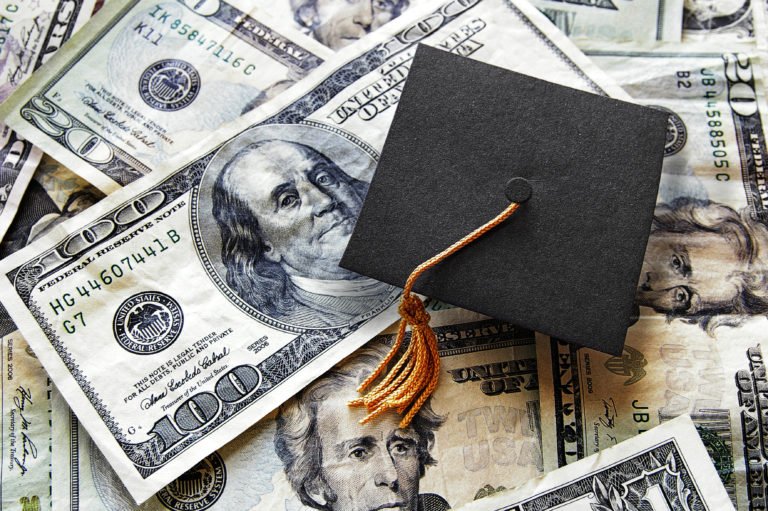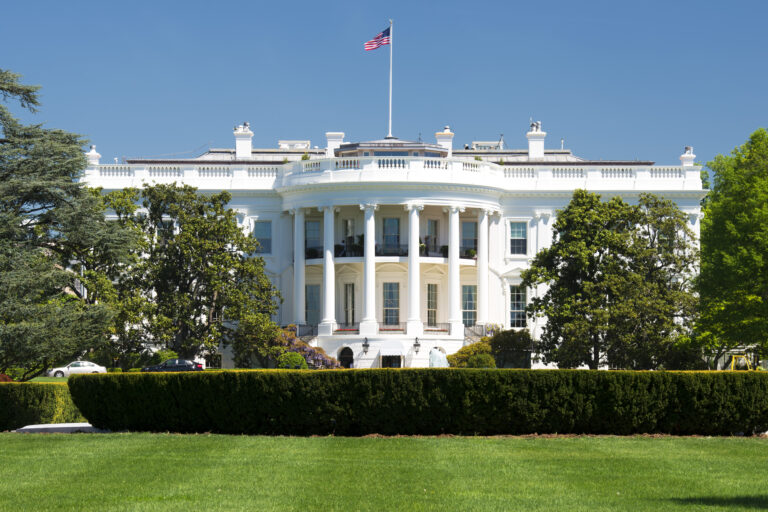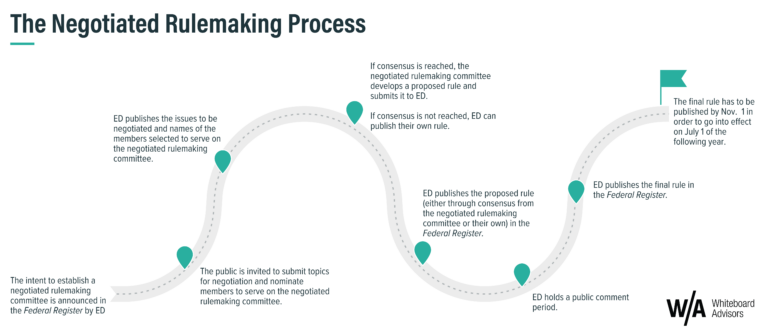Last week, the U.S. Department of Education (ED) recently announced a new set of regulations that restores access to Pell Grants for incarcerated students after a 26-year ban. The rules, which take effect on July 1, 2023, follow years of successful pilots under ED’s Second Chance Pell Experiment.
- It also builds on decades of research into the benefits of higher education behind bars. Access to postsecondary education in prison has been directly correlated with a nearly 50% reduction in recidivism rates, as well as safer conditions within correctional facilities. The programs have also proven to be cost-effective—for every dollar spent on prison education programs, four to five dollars are saved on recidivism costs.
- ED’s new regulations offer a framework that will allow these transformational programs to become more accessible to incarcerated individuals in facilities across the country, regardless of their sentence length or conviction.
The new rules include safeguards to prevent bad actor institutions from taking advantage of incarcerated learners with new federal funding.
- For example, participating institutions will be required to receive approval from their accrediting bodies and ED. Participating institutions will also need to ensure credits earned by learners are transferable to at least one postsecondary institution, and in relevant cases, meet any applicable licensure requirements required by the state in which they are operating.
- Among the other rules, one will stipulate colleges collect data that demonstrate the outcomes of programs offered, which has the potential to encourage greater transparency in higher education in prison (HEP) programs.




